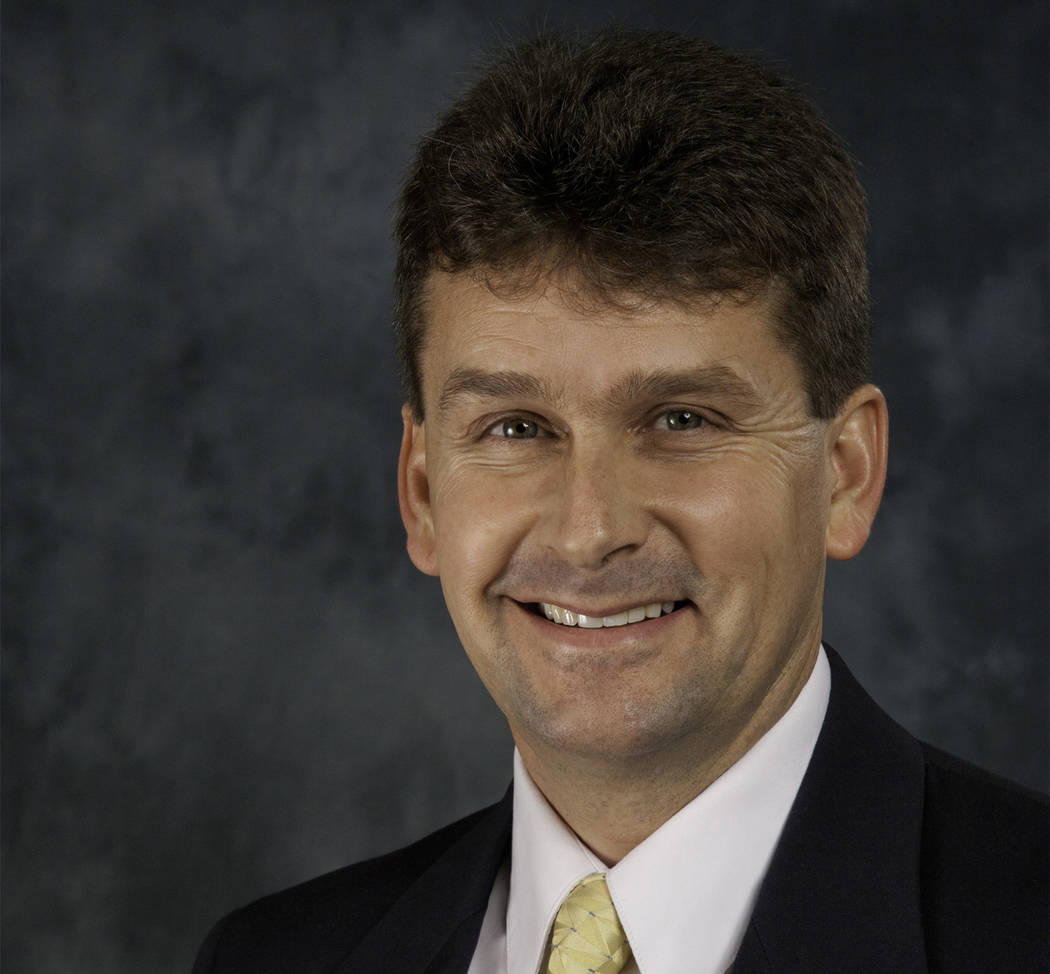Usage likely biggest culprit for surge in utility costs
Last week my column focused on the fact that our utility rates are still significantly lower than those in nearby communities, notwithstanding rumors to the contrary. Another common theme I’ve heard vocalized lately is that our utility rates have doubled (some even say tripled) since the 2016 rate increases. The important thing to remember here is that there’s a critical difference between the amount rates have increased, on the one hand, and the amount individual utility bills (including yours) may have increased, on the other hand. The two don’t necessarily mirror each other. Let me explain.
First, the amount of our approved utility rate increases is definite, known and published. Specifically, in May 2016 the City Council approved the following residential rate increases:
Electric: 16 percent in fiscal year 2017, 5 percent in fiscal year 2018, and 5 percent in fiscal year 2020;
Water: 17 percent in fiscal year 2017, 2018 and 2019;
Sewer: 17 percent in fiscal year 2017, 2018 and 2019.
Each utility is also subject to an annual 2.5 percent increase in ensuing years. And, finally, the service charge for electric increased from $5 to $10 per month in fiscal year 2017 but isn’t scheduled to increase again.
Commercial rate increases were different than residential in a few respects that I simply don’t have the space to expound on here. In any case, all of the fiscal year 2017 increases went into effect Oct. 1, 2016, and all of the fiscal year 2018 increases went into effect July 1, 2017.
Therefore, since May 2016 electric has increased by approximately 21 percent (16+5) plus the service charge increase, and both water and sewer have increased by 34 percent (17+17). No matter how you do the math, that’s not double or triple what it was a year ago.
On the other hand, how much a household’s utility bill has increased over that same period is an entirely different matter. Unlike rates, it is possible (though not likely) that your bill has doubled or tripled compared to what it was last year at the same time. If so, there are only two explanations that I can think of — either your utility usage has gone way up or you have an erroneous bill (possibly both).
The former explanation is far and away the most likely. In fact, I’m told by staff that increased usage has turned out to be the culprit in almost every instance where substantial utility bill increases have been brought to their attention.
Again, at the risk of embarrassment, I’ll use my own household as a guinea pig example. “Shocked,” “dumbfounded” and “floored” aren’t strong enough words to describe how I felt when my wife recently handed me our $975 August 2017 utility bill, which, as it turns out, was slightly more than double our August 2016 bill. Upon closer examination, it became apparent that our electric usage for August 2017 was almost 35 percent higher than it was in August 2016. And then I remembered that we also repainted (and consequently refilled) our swimming pool as we were preparing for our daughter’s wedding reception, meaning that our water consumption was almost 2.5 times higher than the prior August as well.
Yes, the 21 percent plus electric rate increase and the 34 percent water rate increase both played a small part in the explanation, but increased usage was hands down the biggest factor.
I discovered that the same was true for our June and July 2017 bills compared to 2016. They were respectively 60 percent and 58 percent higher than the prior year, but most of that was due to much higher water usage in 2017. That’s not surprising given that temperatures exceeded 105 degrees on 16 separate days this past June.
And former Finance Director Hyun Kim informed me that our community as a whole used 2 million kilowatt hours of electricity more in June 2017 than we did in June 2016. So increased usage is definitely the first place you should look if your recent utility bills seem inordinately high.
Then, of course, if usage coupled with the rate increases still doesn’t explain the perceived discrepancies on your bill, by all means please have staff help you check for clerical billing or meter-reading errors, both of which they use constant care to avoid but nonetheless occasionally happen anyway.
Well, I’ve used up my allotted space once again and haven’t even touched on other important issues like what projects the city has prioritized to spend utility revenues on in coming years, what are appropriate target end-fund and rainy-day reserve balances, whether our water rate tiers are fair compared to other jurisdictions, whether revenues from the increased rates are turning out to be enough to cover utility operating costs and the infrastructure projects they were designed to pay for, how the recent increases in utility construction costs are impacting that equation, whether and to what extent the City Council is still committed to reviewing utility issues and exploring other funding options during each year’s budget cycle as promised, and whether we can find ways to make utility bills more reader friendly.
These are all important issues that will have to wait for a future column. Or at least until next week’s Oct. 19 town hall meeting, which I’m confident you’ll find to be an exercise of great utility, not futility.
Rod Woodbury is mayor of Boulder City. He has been serving on the City Council since 2011 and is the president and managing shareholder of his law firm, Woodbury Law.






